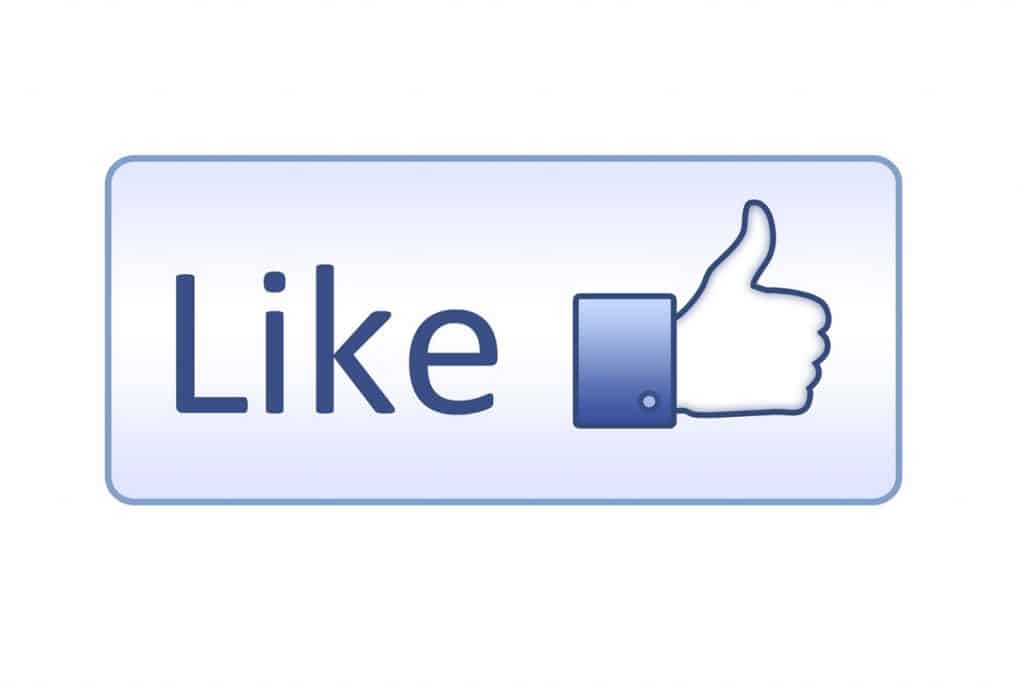Are you addicted to like?

Are you an addict? If you live for your next Facebook ‘like’, the ding on your phone that says, “You’ve got mail” and if you’re constantly checking and responding to every update on your social media profiles, you may be.
And, it is probably not your fault. The problem sits with an intoxicating chemical that is released in your brain called dopamine.
Dopamine is released by things like cocaine, alcohol, nicotine and gambling. And, of course, social media.
You may say, “that’s not me, I’m not an addict” when it comes to social media. Well, if you’ve ever taken your smartphone to the toilet and answered an email or checked a status update, I’m sorry to say, you’re an addict. If you interrupt a task when you hear the ping of “You’ve got mail”, sorry, you’re an addict.
But, the view above is a dim one and is on the one extreme. Dopamine is our progress chemical. We feel good when we’ve finished an important task, ticked off something on our to-do list, completed a project, reached a goal or ticked of a milestone to a bigger goal.
Dopamine is nature’s way of keeping us focused on a task at hand. When we were still back in the Paleolithic era, if someone saw a tree filled with fruit, dopamine was released to incentivise them to stay focused on the task and to get the food.
So, dopamine helps us survive, progress and thrive.
The bigger and more difficult the goal reached, the bigger the hit of dopamine will be. So, now you can see how easy it is to get ‘addicted’ to this feel-good chemical.
So, how do you get dopamine to work for you?
Obviously, realise that time wasted on social media or listening for the ping of inconsequential emails is not helpful to your progress as a human.
Dopamine can help you become a awesome human progress machine.
If you’re going to set goals (and, I’d highly recommend you do) then they must be visual and tangible.
You need to write them down. And, even better, cut out pictures of the goal you’d like to achieve and put them on a vision board so that they are a visual reminder to you every day.
By writing goals (and their milestones) down, you can measure your progress to the said goal.
So, for example, if you want to lose 12 kg in a year write it down and measure your progress. In this instance, that’s 1kg a month. Your milestone should be to lose 250 grams a week on average.
Every time you weigh yourself and hit the 250-gram reduction goal, you get a hit of dopamine, which then inspires you to stay the course.
The more committed you are to staying the course and getting your dopamine fix, the more good choices you will make when it comes to choosing the food you eat and the exercise you take.
So, make this dopamine addiction your friend and go out and set bigger and better goals for yourself so that you can become an excellent human.
This article was informed by Leaders Eat Last: Why Some Teams Pull Together and Others Don’t by Simon Sinek (author of Start with Why).
